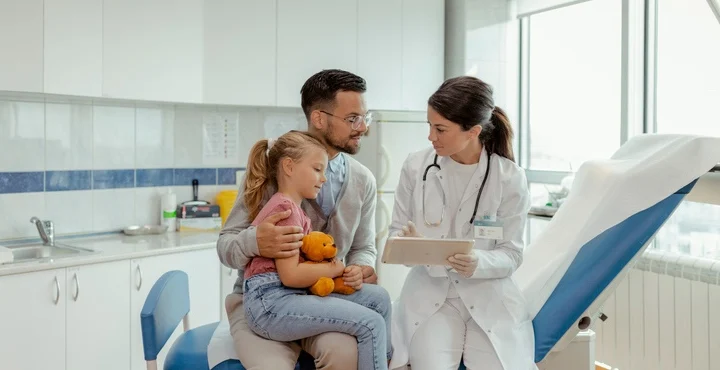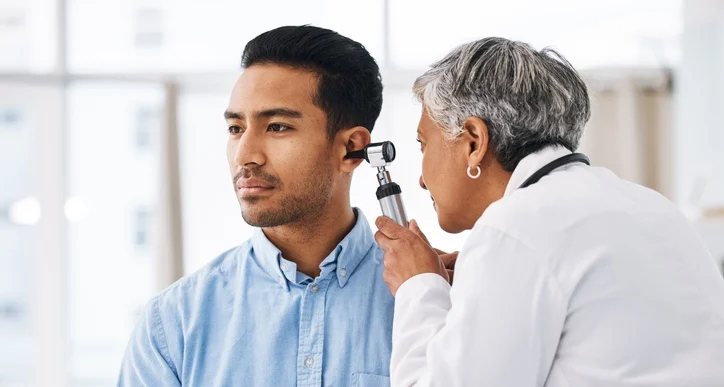
Understanding Match Week
The end is in sight, but before graduation comes one of the most nerve-wracking days of your medical education: Match Day. Each year, on the third Friday in March, over 30,000 medical students finally learn where they will be living and completing their medical training. So, what do you need to know?
What is Match Week?
The Monday before Match Day the National Resident Matching Program® (NRMP®) will contact you to let you know if you’ve matched. You won’t know where you’re going yet, but you’ll at least know you did match one of the programs on your rank order list. And now you can breathe a sigh of relief.
But What Happens if I Didn’t Match?
This is why Match Day won’t happen for a few days yet. Starting Monday afternoon the Supplemental Offer and Acceptance Program® (SOAP®) begins. In use since 2012, SOAP® was created to replace the Scramble and make the process of placing unmatched or partially matched applicants in unfilled programs a little less stressful. Starting at 12 p.m. on Monday you’ll be able to see the unfilled programs for which you’re eligible using the NRMP Registration, Ranking, and Results® (R3®) system. Then starting at 2 p.m. you can apply to a maximum of 30 programs using the Electronic Residency Application Service® (ERAS®). At this time programs may begin calling applicants, but no offers or commitments can be given, and the program must initiate all communication. By Wednesday morning the programs will have submitted their preference lists and the first round of offers to applicants begins at 12 p.m. You can receive multiple offers each round, and you have two hours to decide whether or not to accept. If you haven’t matched, a second round of offers is sent out at 3 p.m., again with a two-hour decision deadline. On Thursday another three rounds of offers occur, after which SOAP closes at 5 p.m. If at this time you still haven’t found a position there’s still hope as you can use the information in R3 to contact unfilled programs directly.
Finally, it’s Match Day!
At noon on Friday schools across the country begin their Match Day ceremonies. Each school celebrates differently, so ask around before you go. At some schools there may be an expectation for you to open your envelope and read out where you matched in front of everyone. This can lead to some wonderful moments of tears of joy and some awkward moments of tears of sorrow, so be prepared. Starting at 1 p.m. you’ll also be able to find out where you matched via e-mail or the R3 system.

So What Can I Do Ahead of Time?
If you’re concerned you won’t match, then:
- Update your ERAS documents ahead of time. Not all of your application can be altered, but you can write a new personal statement, and have student affairs upload your latest transcript. You can even consider getting new letters of recommendation.
- Reconsider your geographic area. If you don’t match, where else would you be willing to live? Widening your geographic area can increase your options greatly.
- Consider changing your specialty or doing a preliminary or transitional year. While this option may not appeal to everyone, it is a point worth considering, especially if you’re applying to a highly competitive specialty.
- Do something else for a year, and then reapply. If you don’t match think about options outside of residency, such as an academic fellowship, travel, or earning a master’s degree. When you reapply your experience could make you a more competitive applicant.
Match Day is a milestone to celebrate, but it can also be extremely stressful. Not everyone will match right away, but student affairs and your advisor can help you navigate SOAP. If you don’t match, know too that no one will know unless you tell them. The SOAP timeline was designed so that everyone could receive their envelopes on Match Day together.
Latest News
Maximizing Opportunity: 4 Internal Medicine Subspecialties Best Suited for Locum Tenens
While internal medicine covers a broad field, certain subspecialties stand out as particularly well-suited to locum tenens positions. From addressing critical care needs to exploring specialized
How Anesthesiologists Can Maximize Their Earning Potential
Anesthesiology is a rewarding career in medicine, both professionally and financially. Yet, like many other professions in healthcare, the earning potential is influenced by a combination of
Exploring OBGYN Subspecialties: Which Path is Right for You?
One of the most exciting aspects of becoming an OBGYN is the opportunity to pursue subspecialties that align with your professional goals, personal interests, and lifestyle preferences.
Screening Guidelines Every Family Medicine Physician Should Follow in 2025
For 2025, significant updates have been made to emphasize personalized medicine, technological advancements, and population-specific needs.
Otolaryngologist Salary Outlook 2025
For otolaryngologists, also known as ears, nose, and throat (ENT) specialists, salary trends reveal not only the growing demand for their expertise but also the evolving dynamics of healthcare
Preparing for Match Week: How to Create Your Rank Order List
Match Week is one of the most exciting—and nerve-wracking—moments in a medical student's life. It's the culmination of years of hard work, perseverance, and ambition, where students
Key Skills for Success in Child and Adolescent Psychiatry
Child and adolescent psychiatry is a deeply rewarding yet multifaceted field that requires a unique blend of clinical expertise, empathy, and communication. These young patients often exhibit
How Much Does a Rheumatologist Make?
On average, salaries for pediatric rheumatologists range from $180,000 to $210,000 per year, according to Salary.com and other healthcare industry sources.











